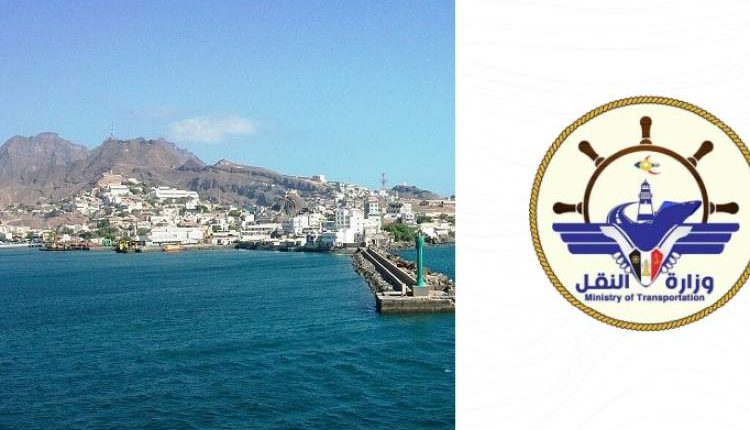Ministry of Transport Warns Against Leasing Aden Port to Abu Dhabi Ports, Calls Action Illegal and Hostile
The Ministry of Transport has warned the US-Saudi aggression and its mercenaries in Aden against signing any agreements to lease the Aden International Port to Abu Dhabi Ports.
The ministry affirmed its rejection of any agreements that attempt to legitimize the UAE’s occupation of Aden Port, pointing out that such agreements would be illegal, unrecognized, and a hostile act against the sovereignty of Yemen and its citizens.
The statement emphasized that the strategic Aden Port is coveted by many countries due to its natural advantages and its geographically significant location for international maritime navigation and global shipping companies.
The statement also recalled that Dubai Ports World had previously been expelled after controlling Aden Port and paralyzing its maritime activities completely, intending to redirect traffic to Dubai’s artificial ports.
Aden Port is one of Yemen’s key ports and a principal maritime port in the Gulf of Aden. It is one of the world’s largest natural ports, previously ranked as the second port globally after New York for refueling ships.
The statement noted that the UAE is working to destroy Yemen’s economic resources and natural wealth, which contribute to improving the living conditions of the Yemeni people.
In 2015, Saudi and Emirati forces entered the city of Aden from Bir Ali, citing the need to repel the “Houthi-Iranian” intervention and secure international navigation. It didn’t take long after the arrival of these forces for the new British-style experiment to take shape.
This comes amid escalating anger and popular discontent among citizens in the occupied southern and eastern provinces due to the collapse of the electricity system in many of these provinces. The pro-aggression government has failed to provide the necessary fuel to operate power plants and save citizens from the intense summer heat.
The Saudi-Emirati ambition in Yemen faced a southern awakening, which began on the island of Socotra when thousands protested against turning the island into a dependency of Abu Dhabi. Then came the uprising of the people of Al-Mahra in July, demanding sovereignty over the province and rejecting foreign control over the city. The protests expanded to reach the city of Aden, where the UAE has deployed over thirty thousand local military personnel loyal to them.
Hundreds took to the streets demanding the departure of the “coalition” forces from the south, a situation that analysts have compared to the protests in the 1960s against British presence, which laid the foundation for armed struggle in the south.

